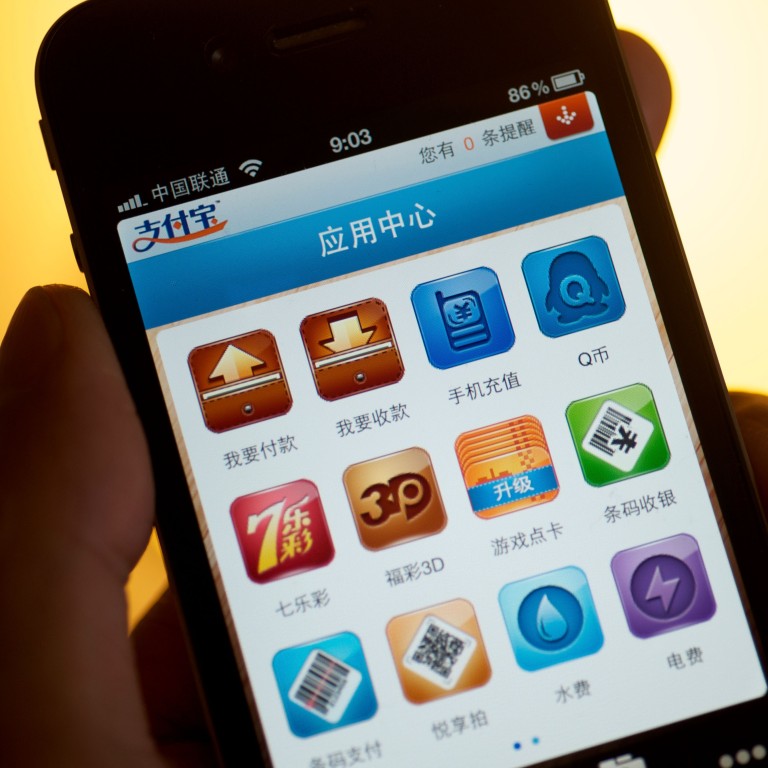
China’s prisons go digital for inmate convenience and clean management
- Beijing Prison adds online payment services for inmates to go shopping from the inside
- System also tracks orders and approvals to keep management honest
China’s love of online shopping and cashless payment has gone a step further by moving into most unlikely territory – behind prison bars.
Beijing Prison announced last month that it had added Alipay to the online payment services families of prisoners can use to deposit money for inmates, for digital shopping or payment of medical expenses.
The prison began allowing families to use WeChat to transfer money to their relatives behind bars in September last year.
Families can make deposits by accessing Alipay through the prison’s website or the Alipay app. Inmates can receive as much as 1,000 yuan (US$147) per month and the digital wallet has a maximum balance limit of 5,000 yuan.
In the land where mobile payments are king, China says rejecting physical cash is illegal
Alipay has confirmed that the free service is available now.
Alipay is owned by Alibaba Group, which also owns the South China Morning Post.
Inmates can shop through an intranet platform by scanning their prisoner code and using the money in their accounts to make purchases. The prison has set up interactive devices enabling the prisoners to do their shopping.
Legal Evening News said the move was part of a bigger scheme for penal facilities in China to go digital, in a bid to prevent corruption by strengthening their financial management, especially in the area of procurement.
China corruption watchdog to target health, education and the financial sector in 2019
Beijing Prison has already set up a digital platform to manage the procurement of materials by keeping track of orders and approvals.
“Not only the inmates can shop ‘online’, we are also able to carry out complete and thorough checking and implement section-to-section approval monitoring to ensure transparency and that can help prevent corruption,” an unidentified official of the Beijing Prison Management Administration was quoted as saying.
Beijing Prison is not the only prison in China to adopt digital payments. Similar systems have been established in provinces such as Guizhou in the south and Sichuan in the southwest.
Chinese consumers have enthusiastically embraced the digital money revolution. Retailers – online and brick and mortar stores – have all raced to adopt new payment technologies for fear that lagging behind would jeopardise their survival in a highly competitive marketplace.
But the fact that even prisoners can now benefit from the cashless revolution is indicative of the extensive reach of digital money in China and how it has changed the shopping habits of Chinese consumers.
One member of the online community posted on WeChat: “I really envy the lives of our friends in Beijing Prison.”


